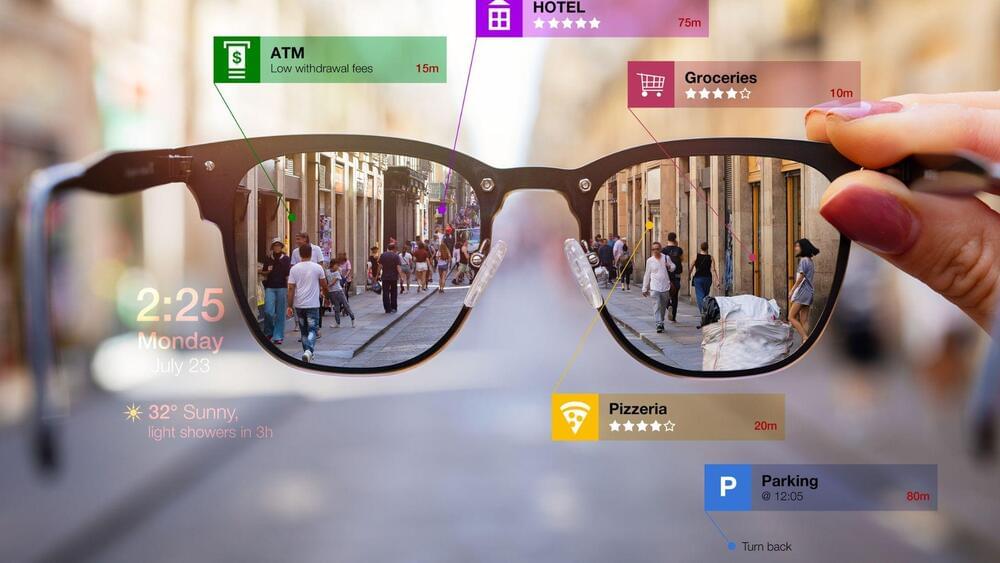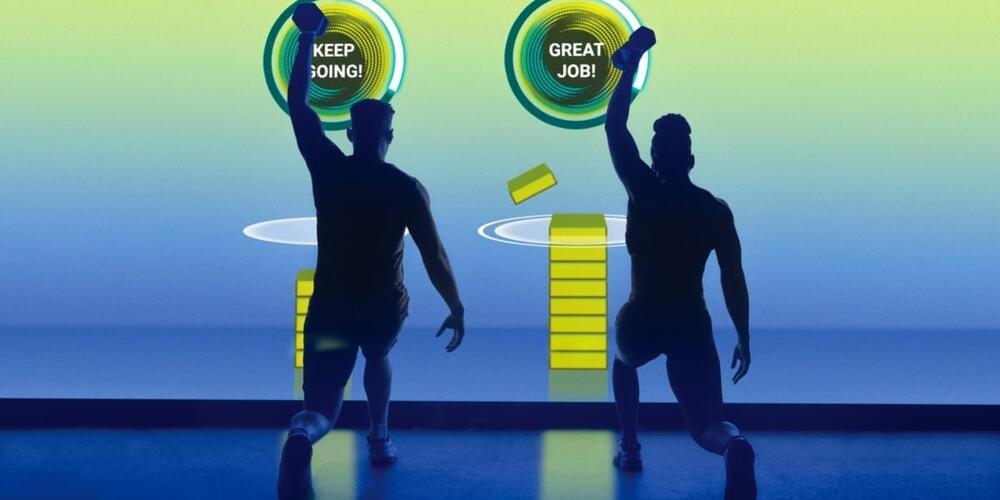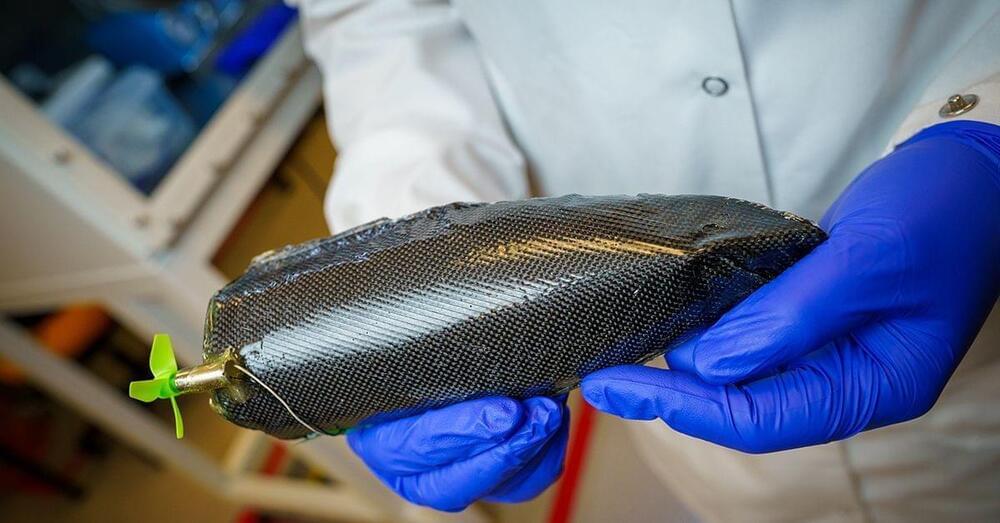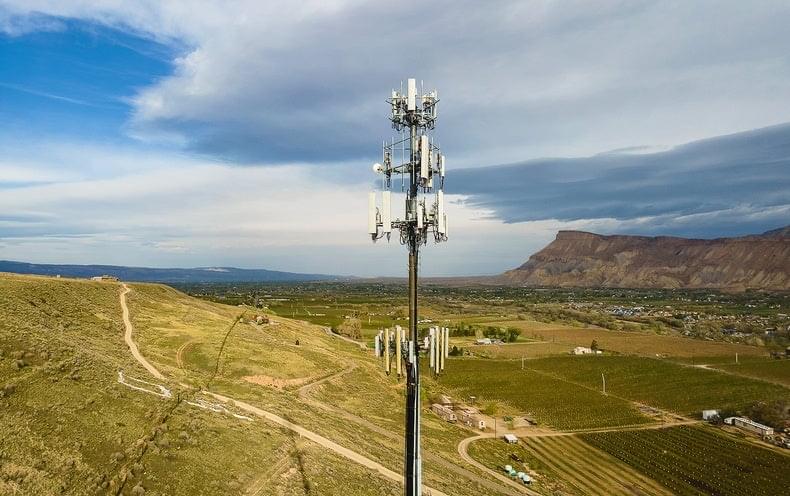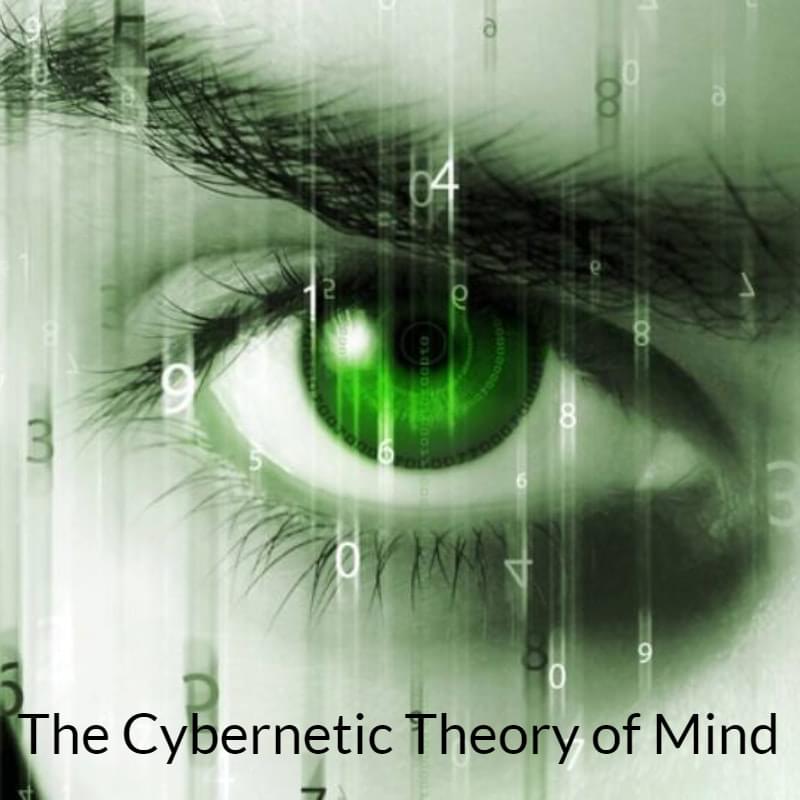It wouldn’t shock me if all the buzz around searching for the ‘locus of consciousness’ merely fine-tunes our grasp of how the brain is linked to consciousness — without actually revealing where consciousness comes from, because it’s not generated in the brain. Similarly, your smartphone doesn’t create the Internet or a cellular network; it just processes them. Networks of minds are a common occurrence throughout the natural world. What sets humans apart is the impending advent of cybernetic connectivity explosion that could soon evolve into a form of synthetic telepathy, eventually leading to the rise of a unified, global consciousness — what could be termed the Syntellect Emergence.
#consciousness #phenomenology #cybernetics #cognition #neuroscience
In summary, the study of consciousness could be conceptualized through a variety of lenses: as a series of digital perceptual snapshots, as a cybernetic system with its feedback processes, as a grand theater; or perhaps even as a VIP section in a cosmological establishment of magnificent complexity. Today’s leading theories of consciousness are largely complementary, not mutually exclusive. These multiple perspectives not only contribute to philosophical discourse but also herald the dawn of new exploratory avenues, equally enthralling and challenging, in our understanding of consciousness.
In The Cybernetic Theory of Mind (2022), I expand on existing theories to propose certain conceptual models and concepts, such as Noocentrism, Digital Presentism (D-Theory of Time), Experiential Realism, Ontological Holism, Multi-Ego Pantheistic Solipsism, the Omega Singularity, deeming a non-local consciousness, or Universal Mind, as the substrate of objective reality. In search of God’s equation, we finally look upward for the source. What many religions call “God” is clearly an interdimensional being within the nested levels of complexity. Besides setting initial conditions for our universe, God speaks to us in the language of religion, spirituality, synchronicities and transcendental experiences.

